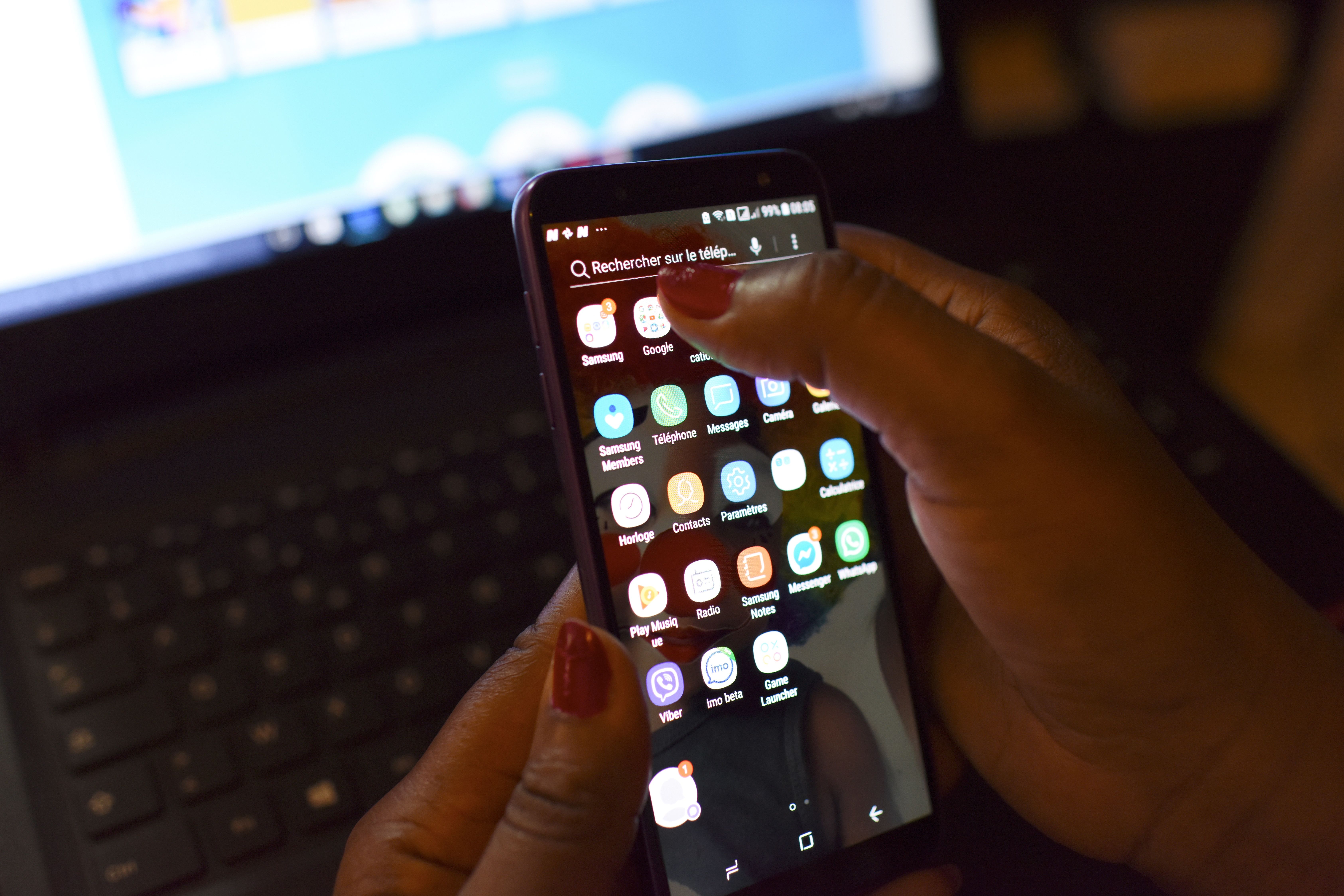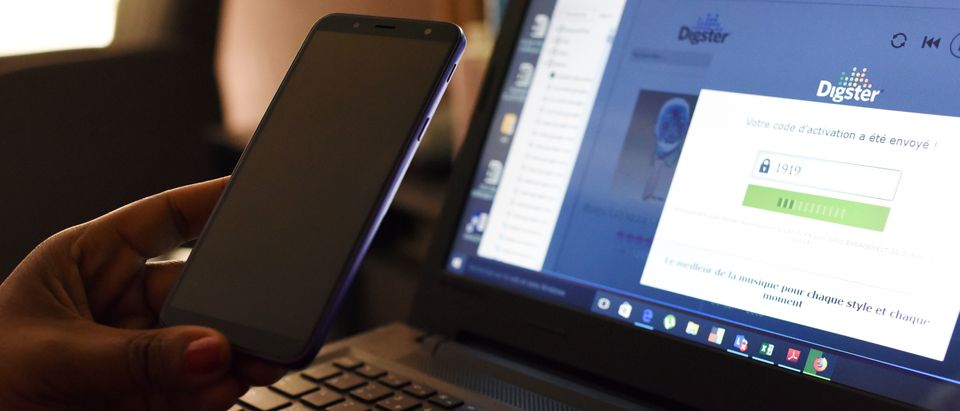Americans have lost nearly $100 million to scams related to the coronavirus pandemic, which have doubled across the country since the pandemic began, Reuters reported Tuesday.
Scammers promise victims anything ranging from a cure to a stimulus check, costing the average person $273, according to data from the Federal Trade Commission (FTC) that was posted by consumer protection blog Social Catfish. There have been more than 150,000 reports of coronavirus-related scams since January 1st, data showed.

(Photo by Issouf Sanogo/AFP via Getty Images)
The most common types of scams were related to online shopping, travel/vacations, credit cards, banks, and text messages. (RELATED: A Native American Professor Who Supposedly Died Of Coronavirus Appears To Be Completely Made Up)
In one common type of scam, victims received a robocall that claimed to be the IRS and asked for bank account information in order to deposit a stimulus check, Social Catfish reported. Others advertised their own fake stimulus check programs by putting pamphlets on cars, emailing, or sending letters to people – one man in Florida said he was sent a fake $3,000 stimulus check, the blog said.
Other scammers prey on shoppers by promising free or discounted groceries. Some consumers received a text claiming that they won $130 worth of free groceries from Costco, but after giving their financial information, the groceries were never delivered. Scammers also sold groceries and other essential goods online but never delivered them after the consumer paid.
Consumers can protect themselves from scams by always making sure to get a receipt when buying something online, researching a company before buying a product from them, and getting a shipment date. Shoppers should be especially careful when buying cleaning, household, health, or medical supplies since those products have been most commonly associated with scams.












